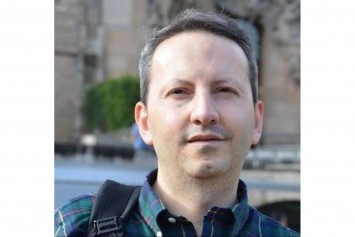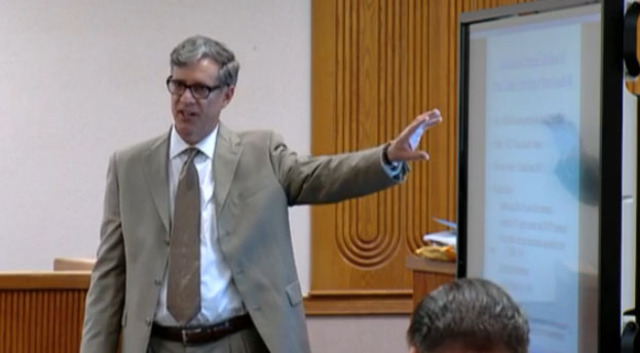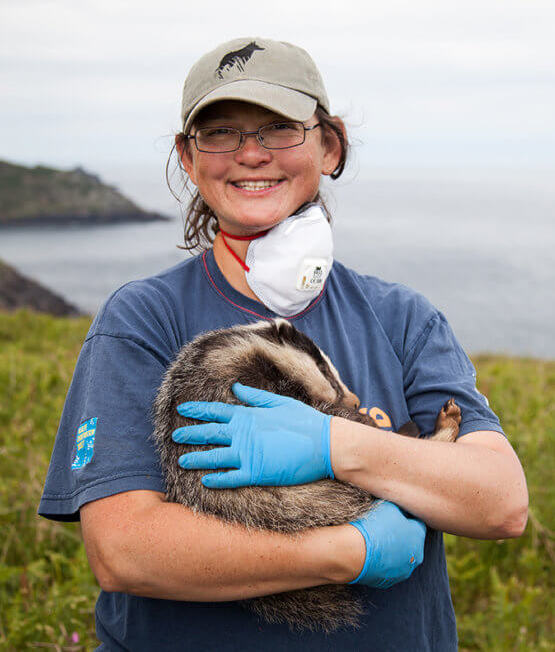Judges for the John Maddox Prize for Standing up for Science this year took the unusual step of calling attention to the challenges faced by the many nominees targeted around the world for defending science and evidence in the face of activist, official or judicial harassment.
One of the judges, Sense About Science Director Tracey Brown, told the Alliance for Science that scientists under attack around the world deserved more support from their institutions. “We have been deeply troubled by the lack of institutional support that has left many of them alone to face the consequences,” she said. “Funders, institutes and professional bodies should be troubled by this too, and asking what they can do to change it.”
This year s winner, Dr. Riko Muranaka, was honored for exposing misinformation peddled by Japan s anti-vaccine campaigners, who have succeeded in scaring sufficient people about supposed vaccine injuries to drive HPV vaccination rates below 1 percent of the population.
However, the judges also stated that they wished to highlight some of the challenges and even outright dangers faced by some of the other nominees for the global prize. These include a climate scientist, a stem cell specialist and a forensic psychologist.

One of the nominees is in jail in Iran, threatened with the death penalty. Dr Ahmadreza Djalali, an Iranian-born Swedish citizen and specialist in disaster medicine, was arrested while attending a scientific conference in Iran and imprisoned. Despite protests by Amnesty International and other human rights groups, he has been threatened with the death penalty and forced to sign confessions of spying.
Scientists also have been harassed in Western countries, the judges pointed out. In Australia, climate skeptics and tourism officials vilified Terry Hughes, a world authority on coral reefs, after he drew attention to the threat that climate change and coral bleaching posed to the survival of the Great Barrier Reef.
In Nigeria, Dr. Leo Igwe, a human rights advocate who campaigns against witchcraft beliefs and the child abuse that often results from them, has been physically assaulted by believers. Officials and soldiers invaded his home in 2010, and his family was targeted. His father lost an eye after being beaten by two men who invaded Igwe’s home, yet police have refused to open an investigation. His speeches have been overrun by religious zealots.

In the United States, forensic psychologist Dr. Mark Cunningham has been targeted for exposing the fact that jurors are imposing the death penalty in order to supposedly protect the public from future violence by convicted murderers, without any evidence that such behavior can be predicted. Cunningham has been repeatedly barred from testifying by prosecutors, had his integrity questioned in court, his tax returns subpoenaed, and on one occasion had to hire bodyguards to get to and from court.
In the UK, Esther Crawley is one of a number of chronic fatigue syndrome/myalgic encephalomyelitis (CFS/ME) researchers to have been targeted with hate and vilification campaigns. Crawley has received numerous Freedom of Information complaints, slanderous comments and accusations of fraud and misconduct. Opponents even opened a false Twitter account in her name.

Also in the UK, the judges commended wildlife ecologist Rosie Woodroffe, whose extensive research on the issue of whether badgers should be culled in order to reduce rates of bovine TB disease has put her at the center of a major public debate. On another equally controversial issue, Richard Davies of Newcastle University has faced hostility from both sides of the fracking debate.
In Italy, stem cell researcher Elena Cattaneo was commended for her bravery in exposing how unproven stem cell treatments were being peddled to disease sufferers without any scientific proof of their efficacy. In France, a high-profile crusader for public health, Dr. Alain Braillon, lost his job when he campaigned against tobacco and alcohol advertising, and against commercial vested interests in medicine.
The John Maddox prize for Standing up for Science is jointly awarded by Sense About Science, Nature journal and the Kohn Foundation. As well as Brown, judges included Nature Editor-in-Chief Sir Philip Campbell, neuroscientist Colin Blakemore, former Royal Society President Lord (Martin) Rees, and Natasha Loder, healthcare correspondent of The Economist.
